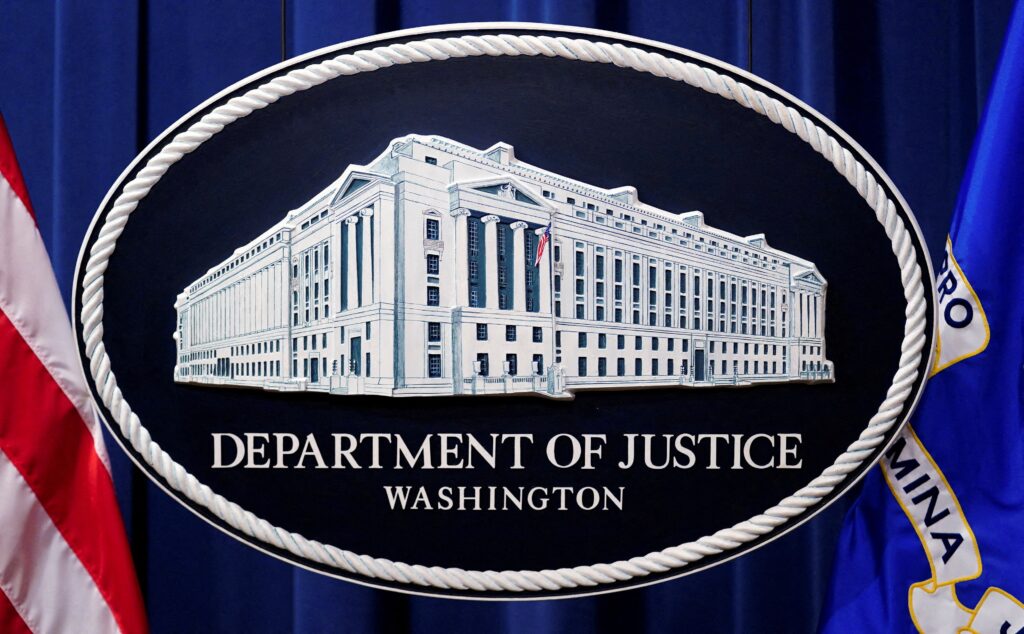The U.S. Department of Justice (DOJ) has decided to dissolve its National Cryptocurrency Enforcement Team (NCET), marking a significant shift in how the agency approaches the regulation and prosecution of crypto-related crimes.

Initially launched in 2022 during President Biden’s administration, NCET played a central role in high-profile cases involving digital assets — including the landmark $4.3 billion settlement with Binance and its former CEO, Changpeng Zhao.
However, a newly surfaced internal memo dated April 7 and issued by Deputy Attorney General Todd Blanche outlines the DOJ’s decision to wind down the unit. According to the memo, active investigations that no longer meet updated enforcement priorities will be closed.
Moving forward, the DOJ will narrow its scope to focus only on crypto-related activities tied to serious offenses such as terrorism financing, drug trafficking, human exploitation, organized crime, and cyberattacks. Notably, prosecutors have been directed to avoid pursuing exchanges, wallet platforms, and privacy tools like Tornado Cash simply because of how they are used by individuals or due to accidental regulatory missteps.
In a major shift, developers will no longer face prosecution for code misused by others — a change welcomed by blockchain builders. Blanche criticized the previous administration’s approach, referring to it as “prosecution-as-policy,” and described it as reckless and stifling to innovation.
The memo references a recent executive order issued by Donald Trump, which reinforces the right to access public blockchain networks without fear of government retaliation. Trump, who has made overtures to the crypto community ahead of the upcoming election, is also reportedly tied financially to the sector through World Liberty Financial — a business where his family is said to hold a 75% revenue share.
Blanche, confirmed recently as the DOJ’s second-in-command and a former Trump legal advisor, has further instructed prosecutors to avoid pursuing violations of financial or securities regulations unless there is definitive evidence of intentional wrongdoing.
While some in the crypto world view this as a win for innovation and decentralization, critics worry that the DOJ’s new hands-off approach could invite an uptick in fraud, scams, and illegal activity, potentially leaving investors and users more vulnerable.

Leave a Reply